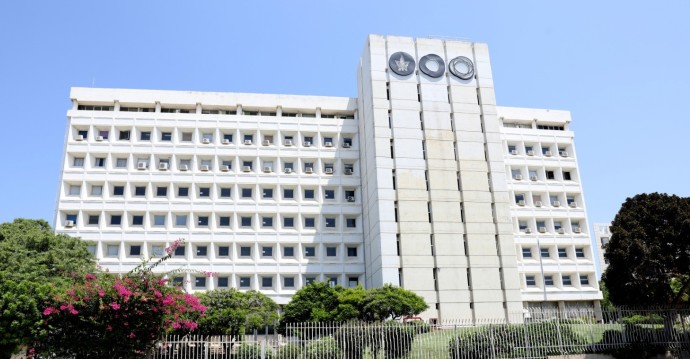A researcher from Tel Aviv University is among a team of international experts who for the first time ever formulated a globally-applicable ethical code for research of ancient human DNA, according to the university.
TAU anthropologist and paleo-geneticist Dr. Viviane Slon is among 64 researchers from 31 different countries in fields including archeology, anthropology, curatorship, archeo-genetics and paleo-genetics. The newly-written ethical code to guide researchers in their work, which the authors say was created due to a significant increase throughout the last decade in research of ancient DNA extracted from human remains and its effects on archeology and other fields, was recently published in the prestigious journal Nature.
Slon noted that the newly proposed guidelines encompass various stages of research, from planning, through sampling and sharing of data and results, to communicating with fellow researchers and with the general public.

"It is an international project born out of a virtual meeting that took place about a year ago, in which there was a wide consensus regarding the need for ethical regulations in this growing field, and here we have the final product," Slon said. "We hope to increase its impact, and we are working to translate the paper into dozens of languages, including Hebrew. Recently, researchers from the Shmunis Family Anthropology Institute and the Dan David Center for Human Evolution and Biohistory Research led the breakthrough research discovering ancient human remains in the vicinity of the Nesher Ramla factory. Due to the foundational principals laid for the expansion of the interdisciplinary cooperation in the world of ancient DNA research, we will now be able to maximize the scientific accomplishments in this field, in Israel and throughout the world."
